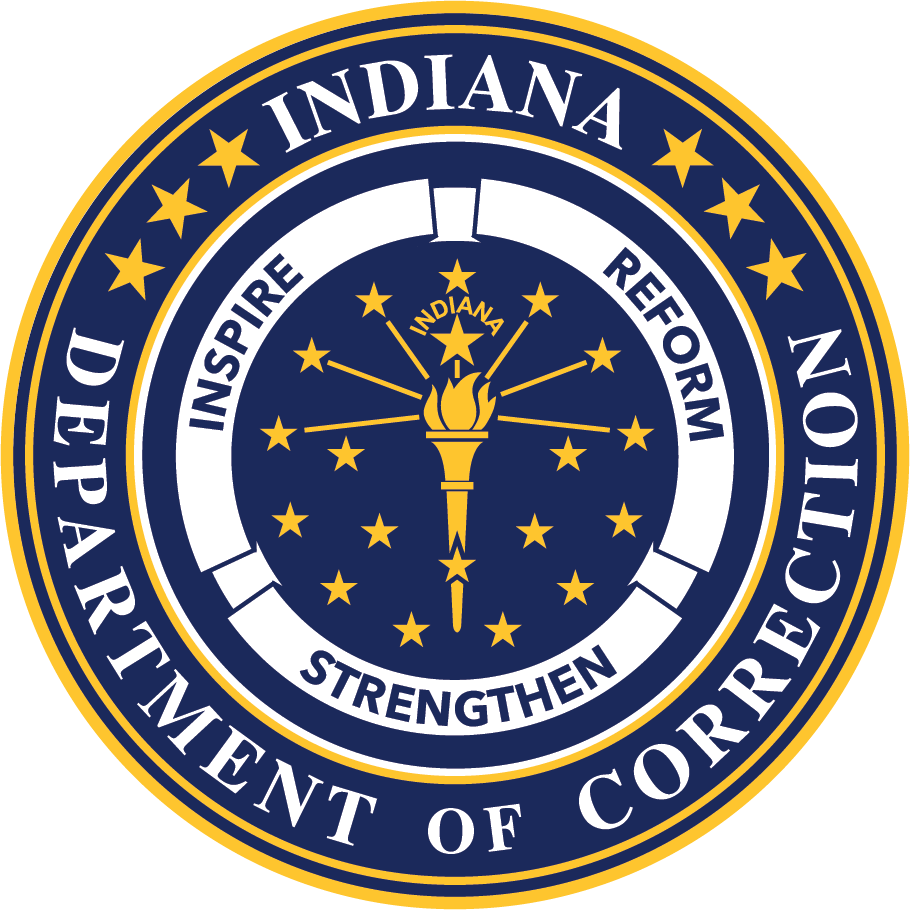
Duties
- The IDOC County Jail Operations Division is responsible for conducting annual inspections of establish best practices based upon the Indiana Jail Standards (210 IAC 3-1), American Correctional Association (ACA) and the National Institute of Corrections (NIC) in all the ninety-one county Jails and one privately operated jail by performing documented inspections and confirming compliance with County, State and Federal regulations and Constitutional law.
- Act as a liaison with Indiana Sheriff’s, and county jails in conjunction with the Indiana Sheriff’s Association (ISA), American Correctional Association (ACA), National Institute of Corrections (NIC) and the National Sheriff’s Association and all concerned partners and elected officials for improved county jail operations.
- Provide assistance as needed to the Sheriffs, jail custody staff, and the Indiana Law Enforcement Academy (ILEA). Providing technical assistance, research, assessments, review and provide recommendations for corrective actions relating to the inspection process and jail standards compliance. Including the review and approval as needed of blueprints for remodel or new construction to determine if the design meets the Indiana Jail and the ACA Standards.
*The Sheriff and County Jail Operations Division does not assist with jail complaints and/or grievances. All jail complaints and/or grievances shall be submitted directly to the reflective Sheriff’s department and/or addressed through the interior grievance or medical system in place.
